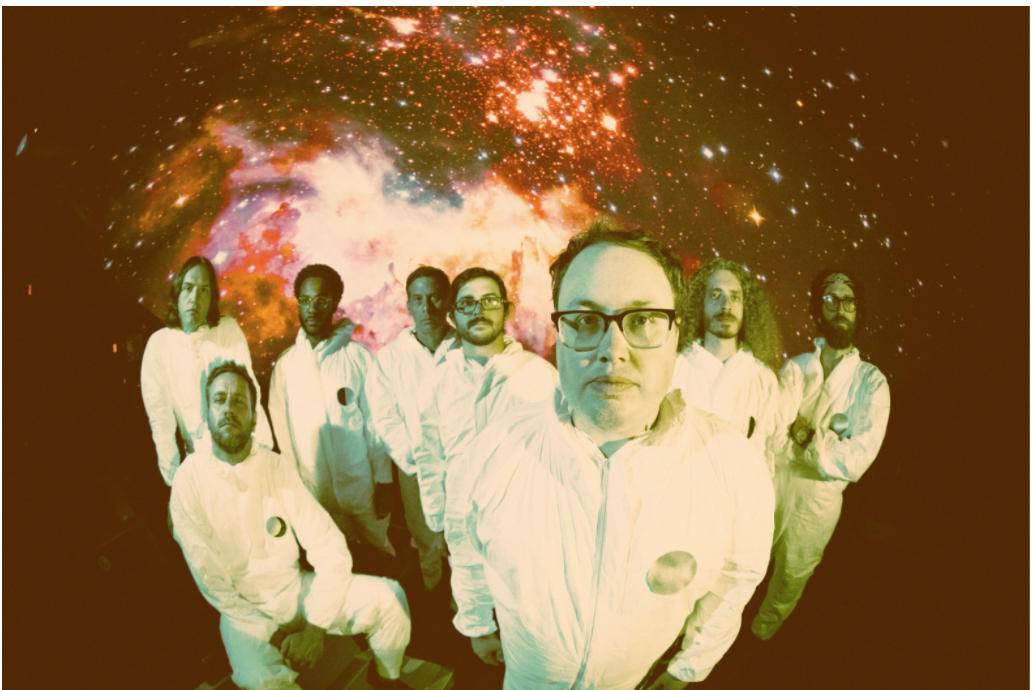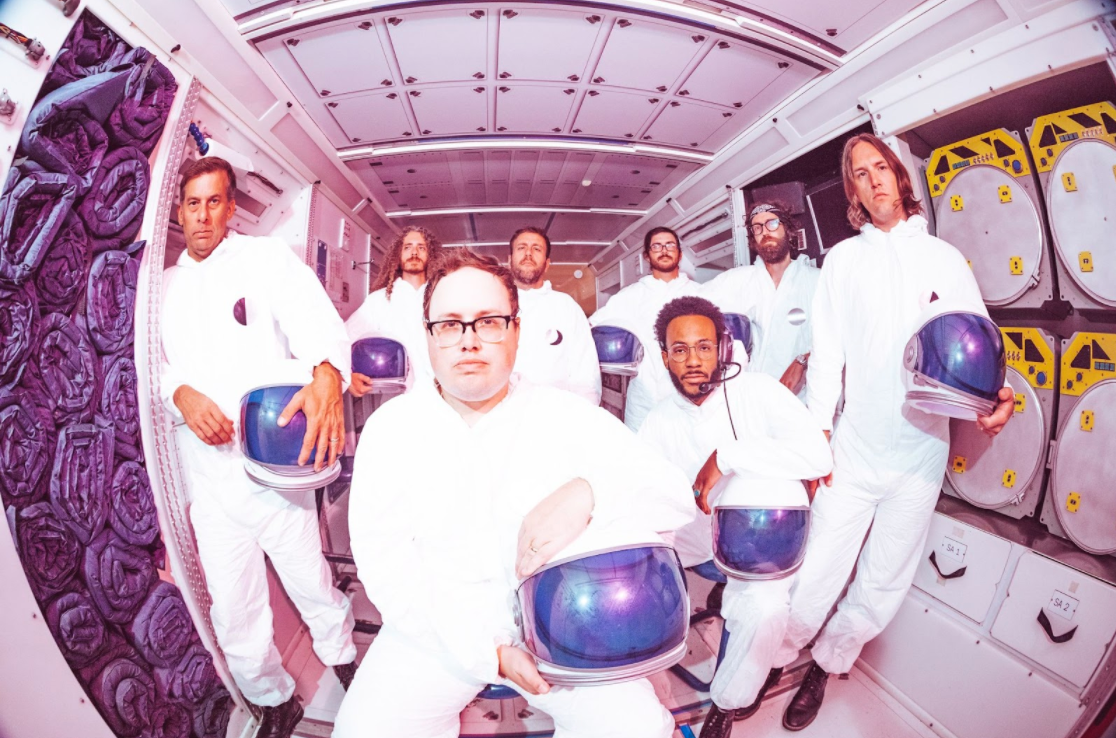Paul Janeway never wanted to be in a band that had his name in it. But his friend and co-founder of St. Paul & The Broken Bones, Jesse Phillips, changed all that.
“I grew up singing in church since I was four years old,” Janeway said during an interview ahead of the band’s recent show at Pappy & Harriet’s. When Paul and Jesse and met, the frontman was pretty innocent, except for a potty mouth that had him quipping he was “baptized with my mouth closed.” That initial innocence led to the nickname of “Saint Paul” — and the rest is history. “Jesse thought it would be funny to call me St. Paul — I didn’t really want my name in the band — and then the first song we ever wrote together was a song called “Broken Bones And Pocket Change.”
The band grew from Janeway on vocals and Phillips on bass to encompass the sprawling eight-piece soul sound that made them a cult favorite among old-world purists and a new generation of classic R&B lovers. Kicking off with their debut in 2014, Half The City, the band quickly gained critical acclaim from NPR and The Guardian, and doubled down on their soul sound for the next two albums. In that time, this Alabama outfit became something of a phenomenon: along with glowing press and plenty of late-night TV spots, they opened for The Rolling Stones and performed with Elton John, who called them one of his favorite bands.

Following their third album, Young Sick Camellia, though it was time for a shift. Janeway was inspired by some reading about how the early Spanish explorers felt when they first encountered the Gulf of Mexico. “I thought that was a really interesting title for an album that was a change, and a shift in sound,” Janeway said. “Also, we’re from Alabama, and we have the gulf down there. And even for us, sometimes, we feel very alien in a place like Alabama.”

Also Read
98 Musicians Predict the 2022 NFL Season
Shifting into a glorious mess of psychedelic rock, grunge, and funk, the band’s wild fourth album, The Alien Coast, captures the chaos and conflict that life as a modern Southerner often entails. “The tension between how people view the South and being from the South is constant,” Janeway said. “There’s some really good folks down here and people really trying to make a difference.” In that spirit, the band opted to record this album in their own hometown of Birmingham for the first time, and being close to home helped them hone in on the sonic expansion these songs were exploring.
The album was actually finished right before the pandemic began, and the band was wrapping up their recording sessions when lockdown began in 2020. “We finished the record in March of 2020,” Janeway said. “The album is very much a fever dream, apocalyptic and futuristic. I never thought in a thousand years it would be as prophetic as it is.” The Alien Coast might be more Tame Impala than Otis Redding, but working with producer Matt Ross-Spang at Vessels Studio helped the band move past what Janeway called their “garage soul” beginnings. Janeway cites influences that might be unexpected for past listeners, with bands like Aphex Twin and Sounds influencing The Alien Coast.
Another massive shift for Paul and his wife Caroline came when they had their first child during the pandemic, a process that changed both of them in deep and unexpected ways. While this album doesn’t get into the experience of becoming a father, it seems likely another project could dive into those specifics. And while Janeway has been steadily building the trajectory of his band, he calls his wife Caroline “the true saint” for the work she’s done to help support impoverished populations in Alabama’s rural communities.
“Caroline, my wife, is involved with a nonprofit called Impact America,” he explained. “She’s the Alabama state director for the organization. They do free tax sites for low-income areas and they also do vision screenings for elementary schools. A lot of people I know move away from Alabama, but for me, I want to stay and try to impact the community that I grew up in. That’s a big passion — helping the state where I was born and raised.”
For the Janeways, investing back in their local community is part of a deeper respect for the region that raised them, and ties back into the religious background that Paul grew up with. “It can be very frustrating at times, because there will be political divisions,” he said. “But seeing her go into these areas where people don’t have a lot of resources, and how they thank her for having these sites that people can come to. We’ve done all sorts of interesting service things, but I firmly believe in not telling people about it – I was taught to give in quiet. Service, in church, that was the part I was always drawn to.”
With the release of The Alien Coast in January of this year, getting back out on the road with St. Paul & The Broken Bones means Janeway and co. are spreading the Alabama sound even further. Plus, the album is their first for ATO Records, they’ve got a bigger platform than ever before. “Birmingham, that’s the home of Sun Ra,” Janeway said. “He was one of the most experimental jazz musicians on the planet. We’ve been in it long enough, we want to take our fanbase on a journey. For us, we want to be a positive thing for our city and our state, and represent it in a way that makes people proud.”




